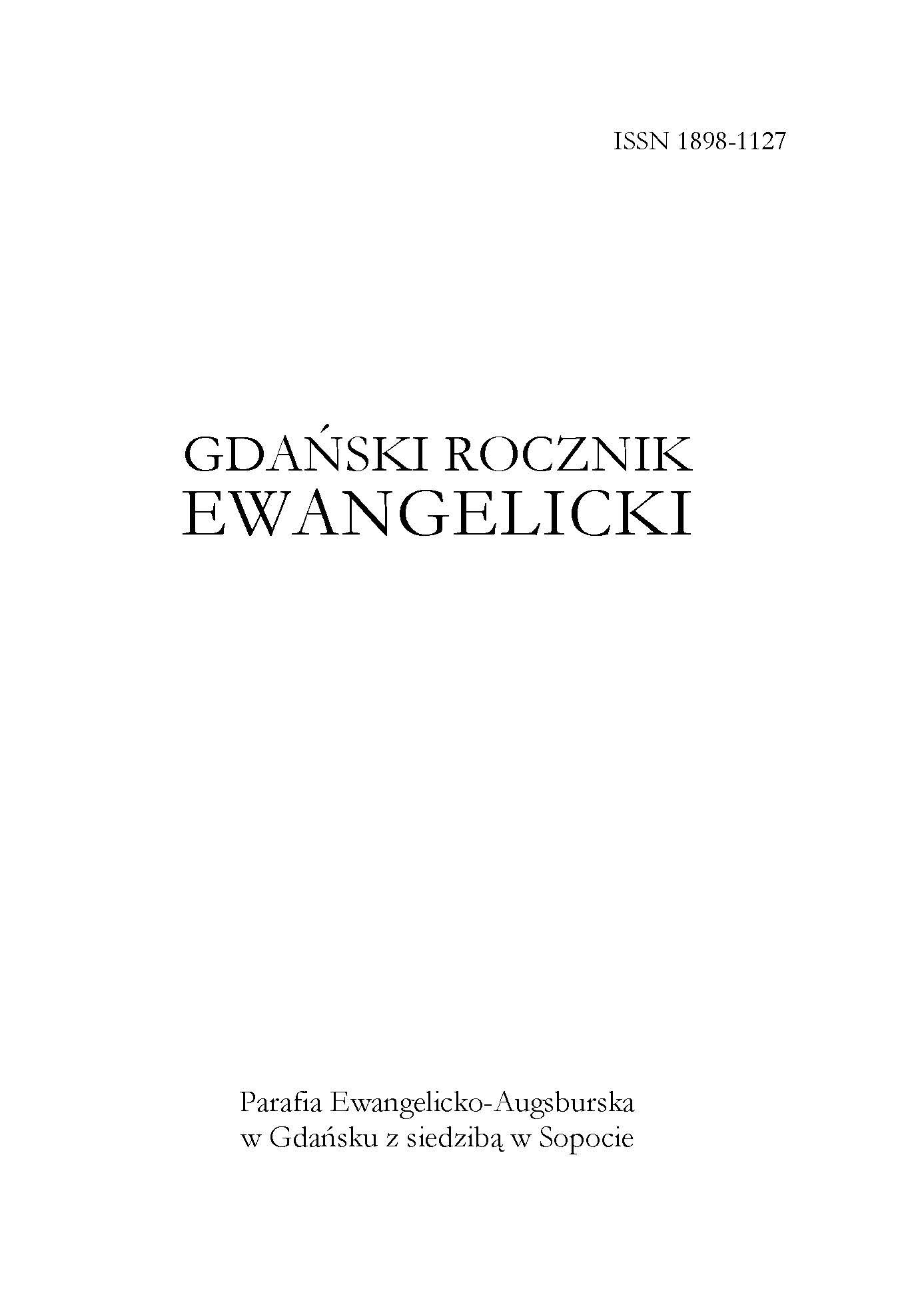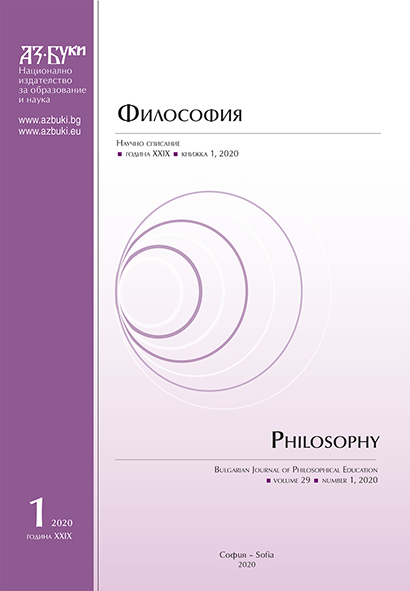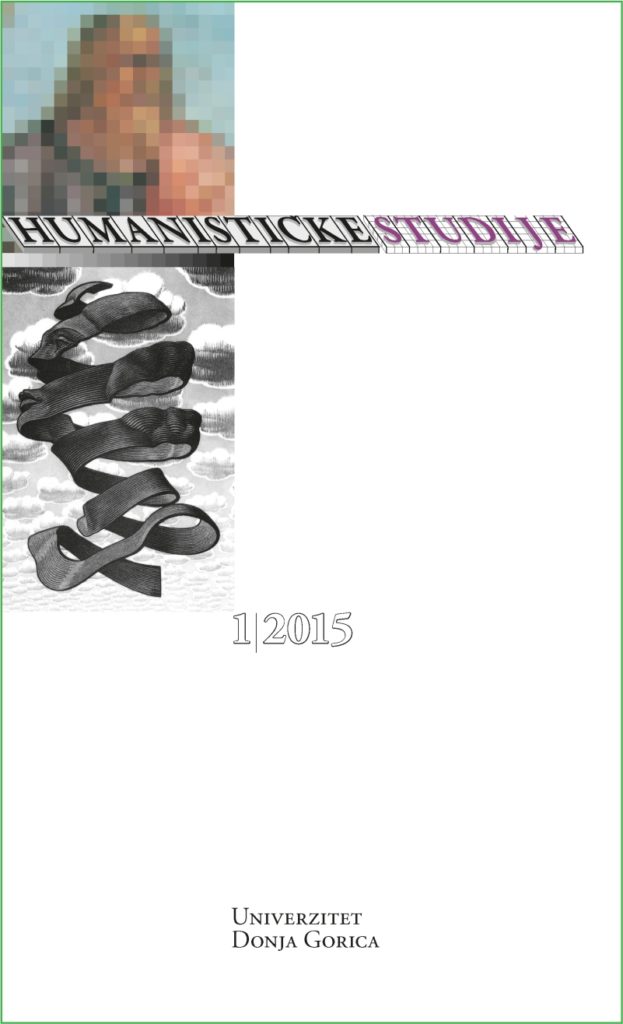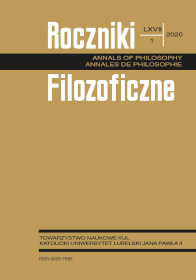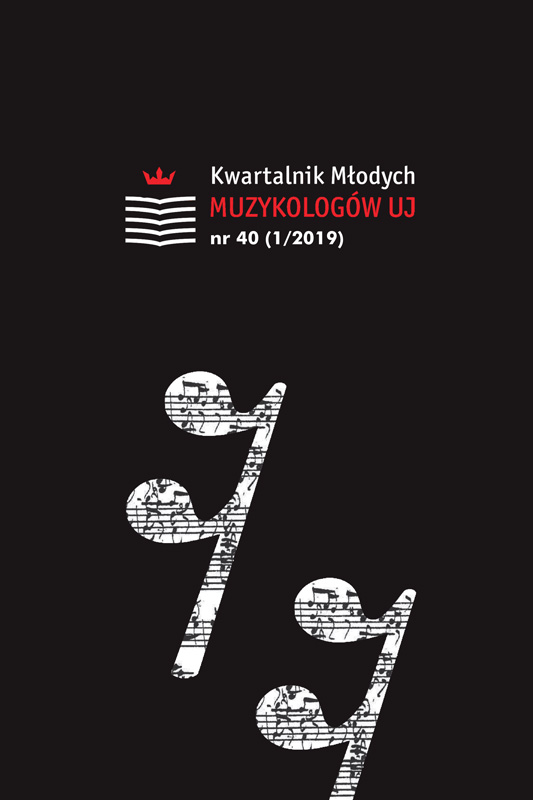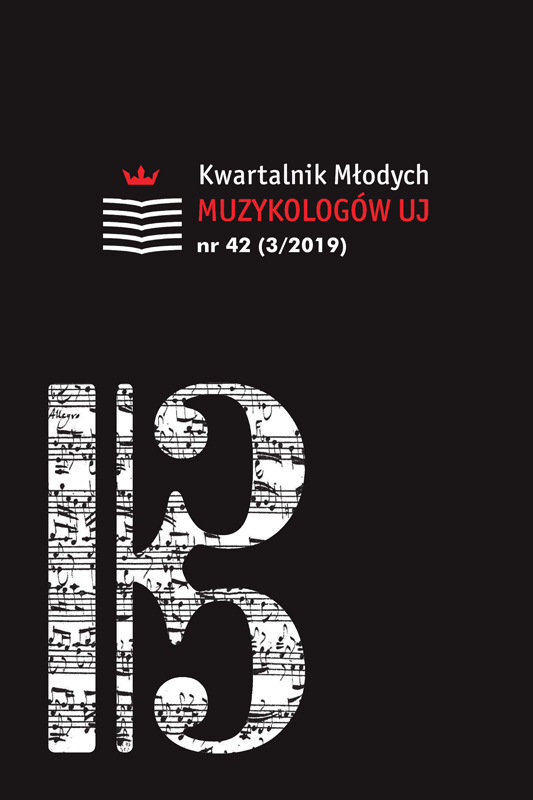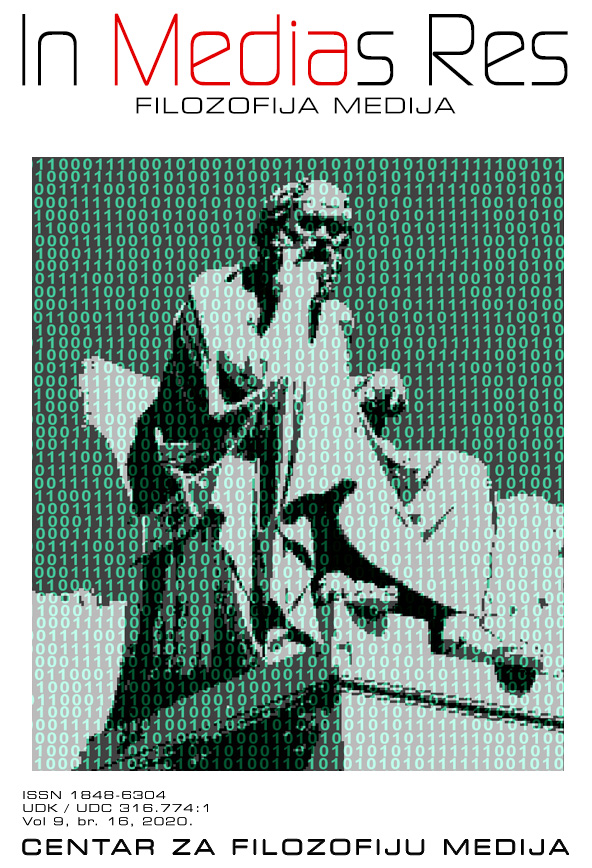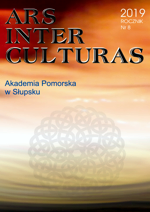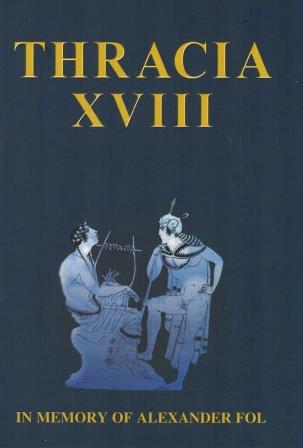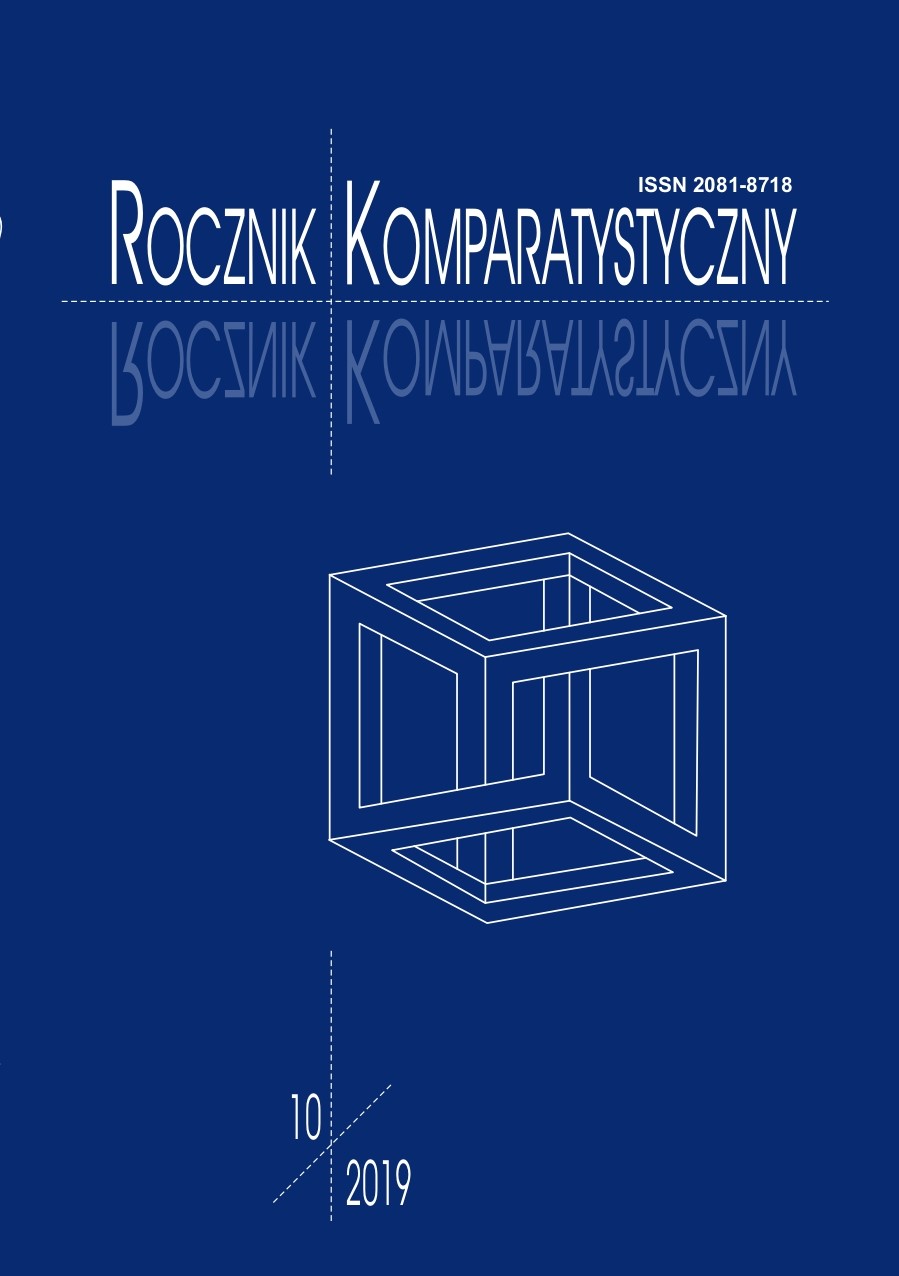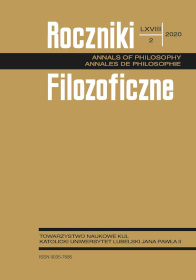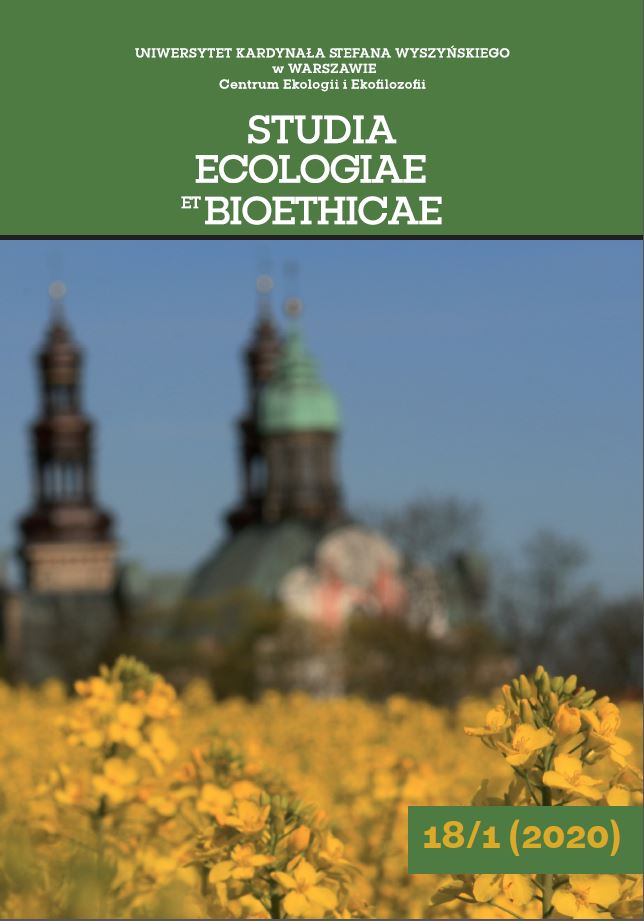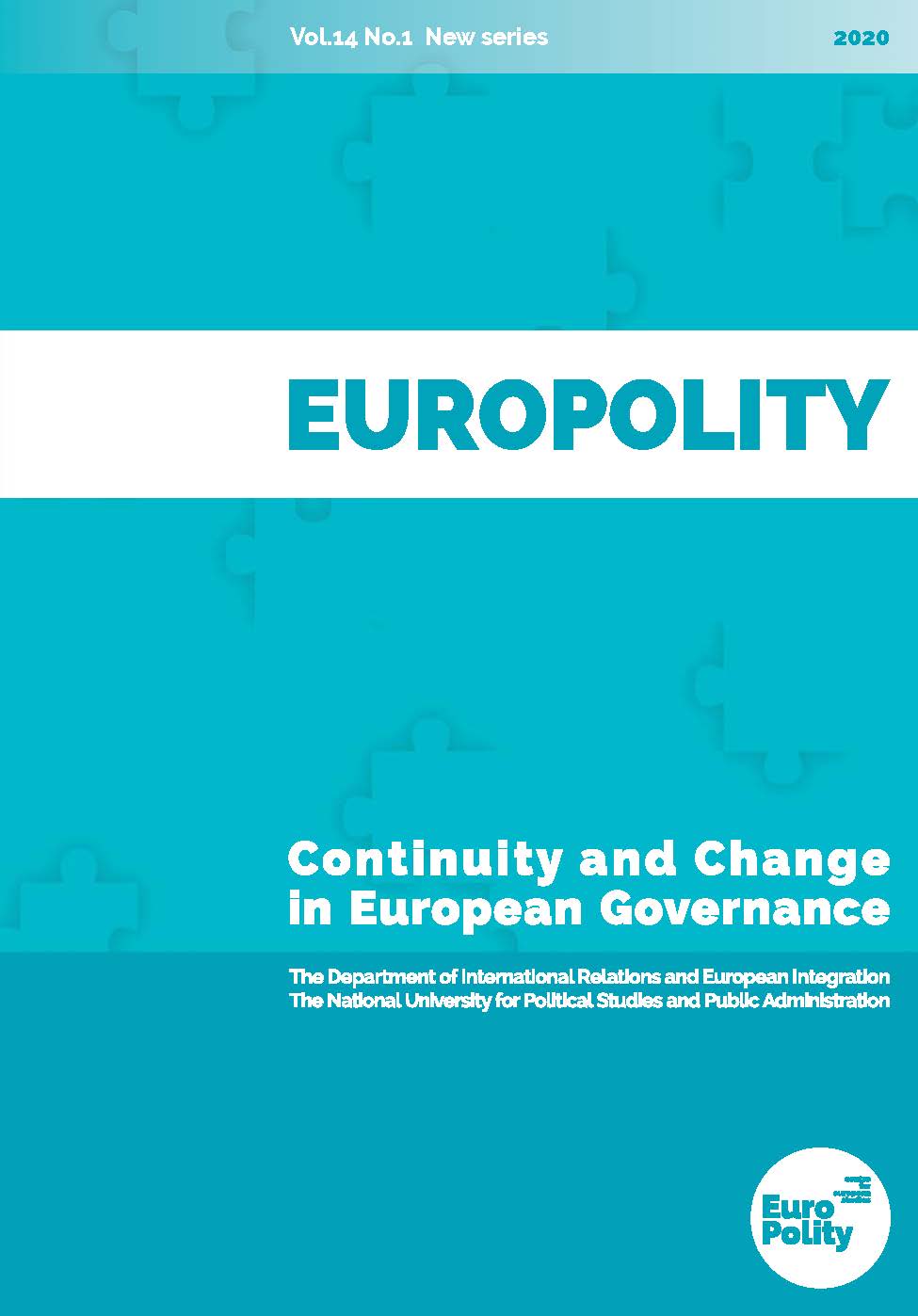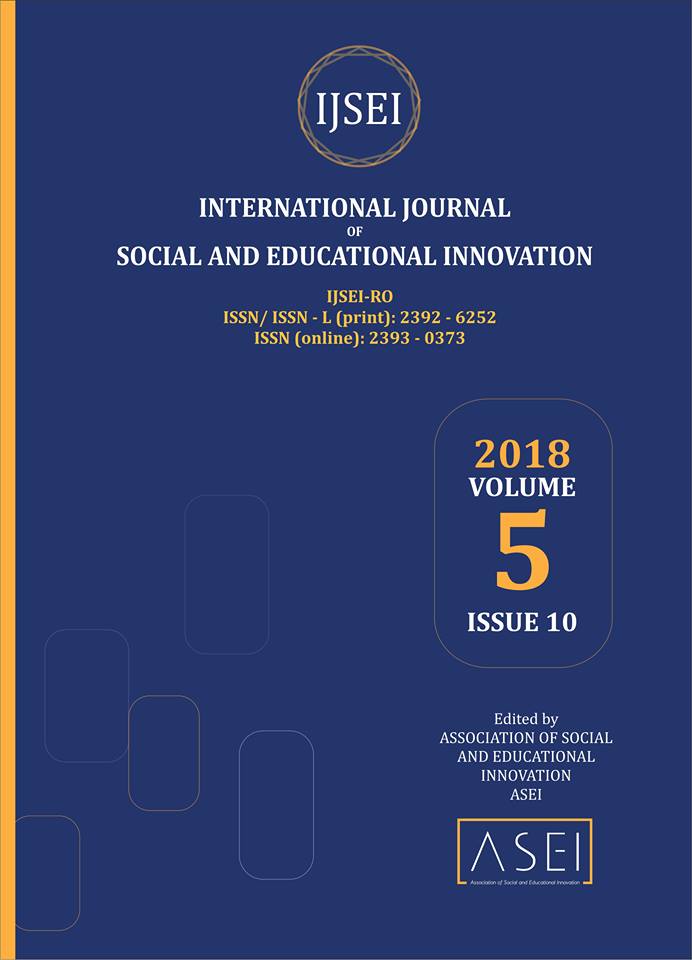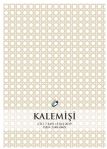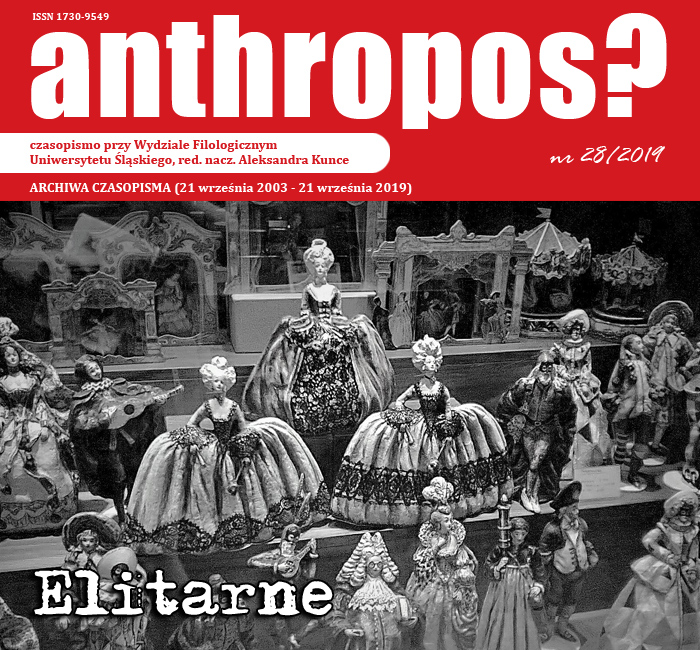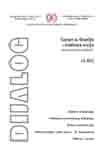
S rukom na srcu, gledajući te pravo u oči, obećavam ti se... Opaske o Derridinoj interpretaciji Husserla
The most fundamental principle of Derrida’s thought is the phenomenological principle of Fremderfahrung, from Husserl’s Fifth Cartesian Meditation: I can never have a presentation (a Gegenwärtigung) of the interior life, the inside, of another; I can only ever have a representation of it (a Vergegenwärtigung). Derrida conceives the profound spatiality, the distance, the écart through Vergegenwärtigung. In Voice and Phenomenon, Derrida uses this phenomenological principle of intersubjectivity to contest the implicit „metaphysics of presence“ in Husserl’s phenomenology. Here I intend to examine the new „deconstruction of phenomenology“ found in Le Toucher, in the chapter called „Tangent II.“ I hope to show the continuity between this recent text and Voice and Phenomenon. As in chapter 6 of Voice and Phenomenon, in „Tangent II“ of Le Toucher there is a critique of the idea that one can have „a pure experience of one’s own body“. Thus,+ more generally, I want to come to understand the philosophy of the heart that animates this entire book. This „cardiology“ is connected to the movement in Derrida’s thinking from a thought of the question (as in the question of being) to the promise (as in the promise of justice), from, in other words, ontology (or phenomenological ontology) to eschatology.
More...
